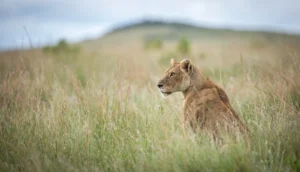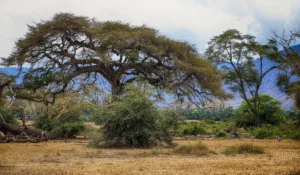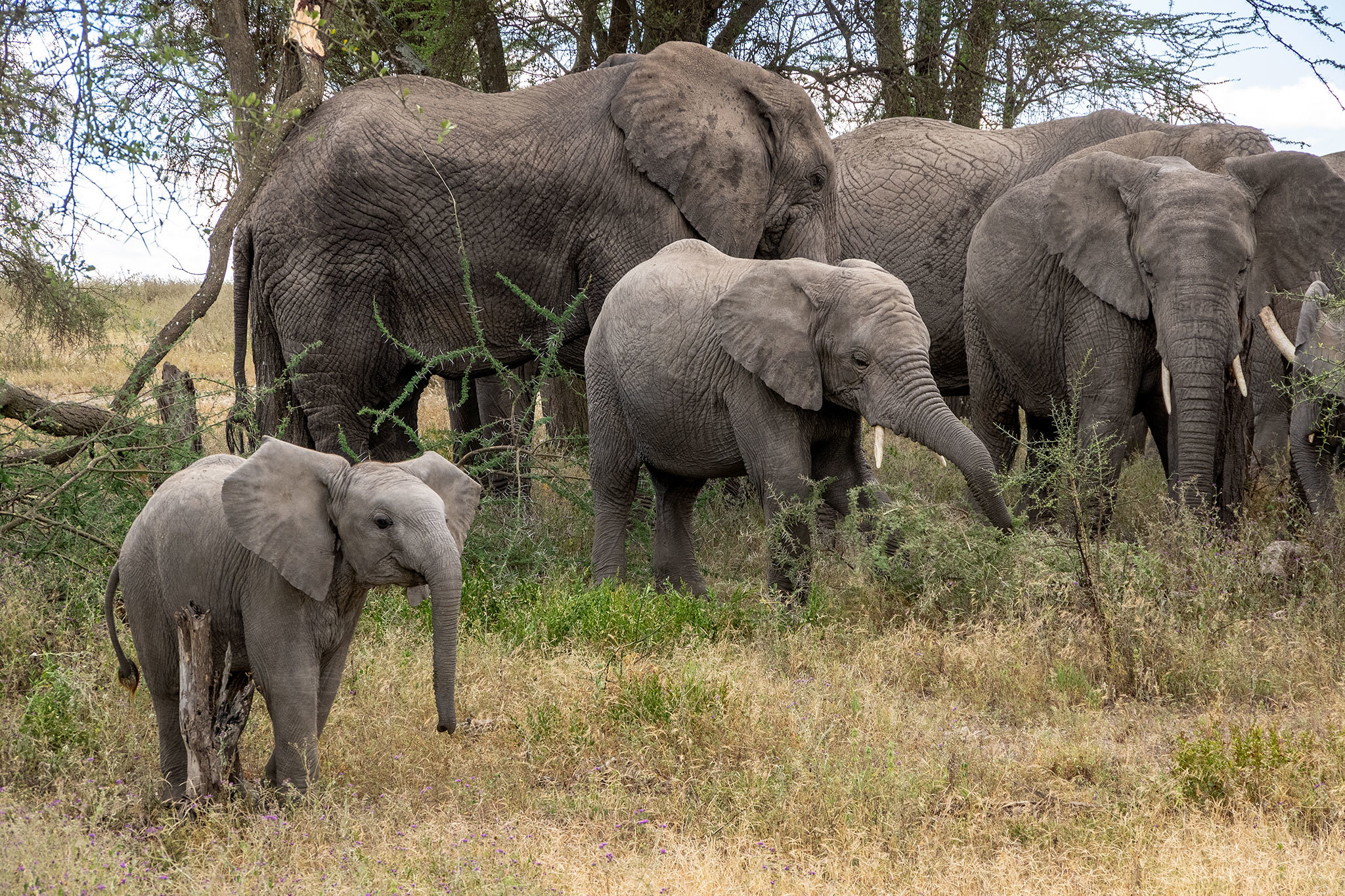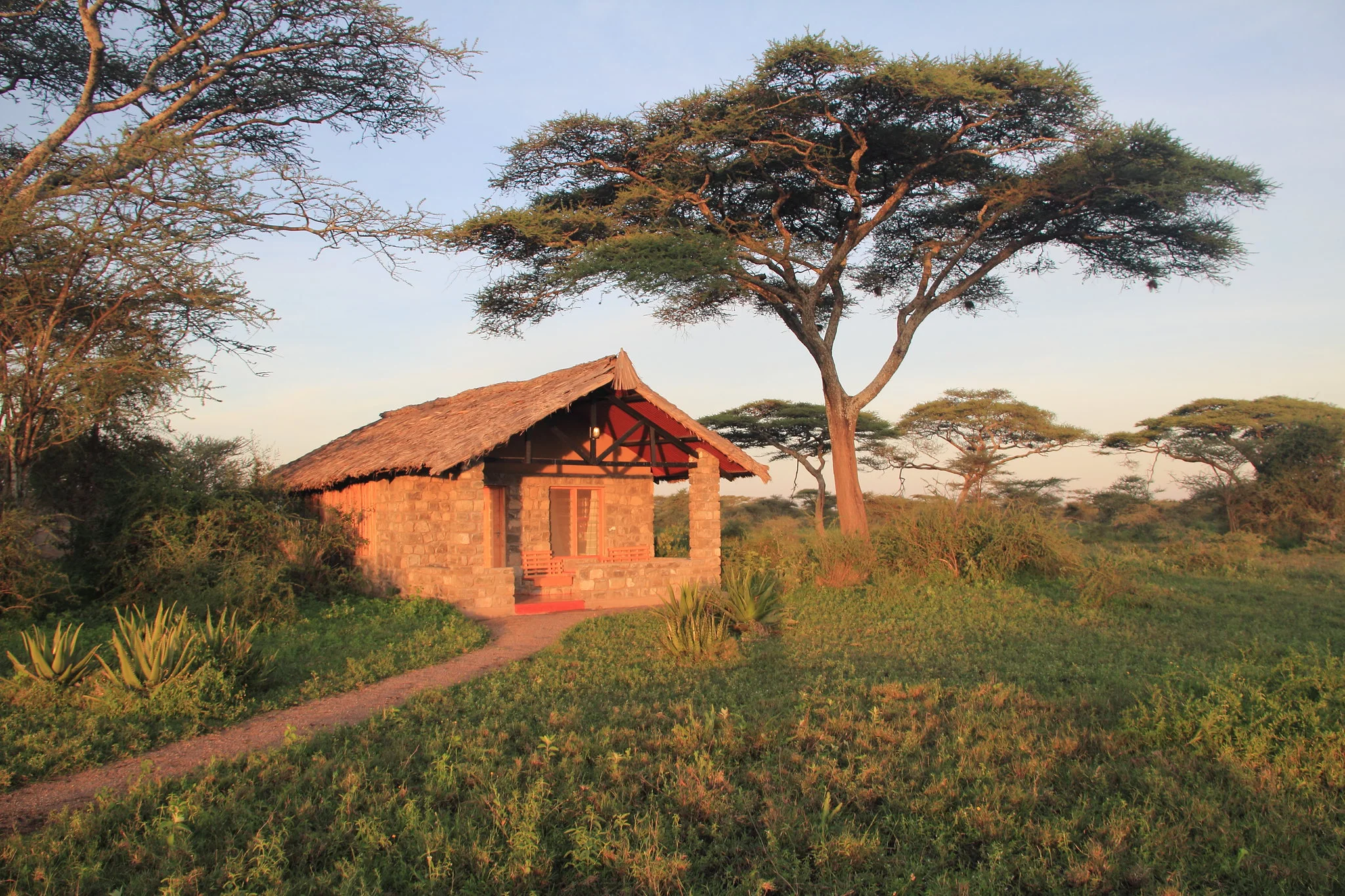Tanzania, with its iconic national parks, abundant wildlife, and diverse landscapes, has long been a magnet for travelers seeking a safari adventure. However, the country is also at the forefront of sustainable tourism, where the preservation of nature and the empowerment of local communities are at the heart of the industry. In this article, we will explore Tanzania’s commitment to sustainable tourism and the initiatives that make it a leader in responsible travel.
1. Protected Natural Heritage:
Tanzania is home to some of the world’s most celebrated natural wonders, including the Serengeti, Ngorongoro Crater, and Kilimanjaro. Sustainable tourism practices ensure that these fragile ecosystems remain protected for future generations to enjoy.
2. Conservation Initiatives:
Tanzania’s government and various conservation organizations work tirelessly to combat poaching, protect endangered species, and preserve critical habitats. Anti-poaching efforts have been particularly successful in safeguarding iconic wildlife like elephants and rhinoceroses.
3. Community Involvement:
Engaging local communities in conservation efforts is a cornerstone of sustainable tourism in Tanzania. Revenue generated from tourism is reinvested in communities, supporting education, healthcare, and infrastructure development.
4. Responsible Wildlife Encounters:
Tanzania promotes responsible wildlife viewing practices, including maintaining a safe distance from animals and adhering to ethical guidelines during safaris. This ensures that wildlife remains undisturbed and stress-free.
5. Ecotourism Initiatives:
The country encourages ecotourism initiatives that allow visitors to immerse themselves in nature while minimizing their environmental impact. This includes eco-friendly lodges, low-impact safari experiences, and sustainable transportation options.
6. Cultural Preservation:
Tanzania’s diverse cultural heritage is an integral part of the tourism experience. Sustainable tourism initiatives support and celebrate local traditions, providing visitors with authentic encounters and communities with economic opportunities.
7. Wildlife Corridors:
The creation of wildlife corridors between protected areas ensures that animals can roam freely, maintaining genetic diversity and healthy populations. These corridors also minimize human-wildlife conflicts.
8. Renewable Energy and Sustainable practices:
Many lodges and accommodations in Tanzania have adopted renewable energy sources like solar power and employ sustainable practices such as waste recycling and water conservation to reduce their environmental footprint.
9. Certification and Standards:
Tanzania has implemented certification and accreditation programs to ensure that tourism operators adhere to responsible and sustainable practices. Certifications like Fair Trade Tourism and Rainforest Alliance help travelers identify environmentally conscious providers.
10. Education and Awareness:
Sustainable tourism in Tanzania includes education and awareness programs for both locals and tourists. These programs highlight the importance of protecting the environment and preserving cultural heritage.
Tanzania’s commitment to sustainable tourism is a testament to its dedication to preserving its natural and cultural treasures. By choosing to visit Tanzania as a responsible traveler, you not only have the opportunity to witness the breathtaking beauty of this country but also to contribute to the conservation of its remarkable ecosystems and the empowerment of its communities. In Tanzania, sustainable tourism is not just a buzzword; it’s a way of life that ensures that the wonders of this African nation remain intact for generations to come.










